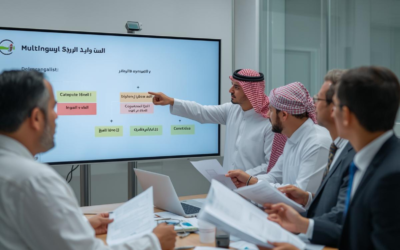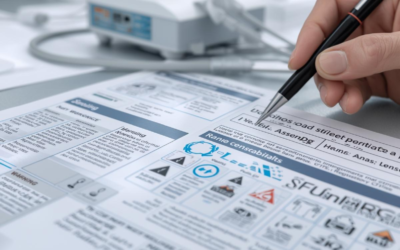Effective communication in global healthcare is essential to ensure patients fully understand critical medical information. Patient-centered translation plays a key role in making healthcare messages clear, accessible, and relevant across diverse linguistic and cultural backgrounds.
The Role of Patient-Centered Translation in Healthcare
Patient-centered translation goes beyond literal accuracy. It adapts medical content to ensure accessibility, comprehension, and cultural relevance. Medical terminology can be complex, making it difficult for patients to understand their diagnoses and treatment plans. By simplifying technical terms without losing accuracy, healthcare providers can improve patient engagement and adherence to medical recommendations.
Cultural sensitivity is another crucial factor. Different cultures perceive health, illness, and medical interventions in unique ways. For example, a treatment widely accepted in one region may be met with skepticism in another due to cultural beliefs. A well-localized translation considers these differences, fostering trust and improving healthcare outcomes.
Improving Patient Safety and Reducing Medical Errors
Clear communication is essential in reducing medical errors. Misinterpretations in informed consent forms, prescription instructions, or medical procedures can lead to serious consequences. Patient-centered translation minimizes these risks by using precise and easily understandable language. This not only enhances patient safety but also strengthens the patient-provider relationship, ensuring individuals feel heard and respected.
The Impact of Patient-Centered Translation on Global Healthcare
In a globalized world, healthcare organizations must prioritize patient-centered translation to improve patient experiences, reduce communication barriers, and promote quality care. Investing in accurate and culturally adapted translations leads to better adherence to treatments and improved health outcomes.
At SumaLatam, we specialize in patient-centered translation, ensuring that medical content is not only accurate but also empathetic and accessible. Our goal is to bridge language gaps, enhance healthcare communication, and support better patient care worldwide.





